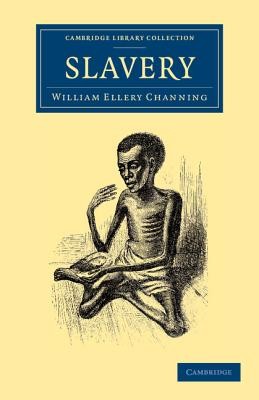
- We will send in 10–14 business days.
- Author: William Ellery Channing
- Publisher: Cambridge University Press
- ISBN-10: 1108053157
- ISBN-13: 9781108053150
- Format: 14 x 21.6 x 0.7 cm, minkšti viršeliai
- Language: English
- SAVE -10% with code: EXTRA
Reviews
Description
In the years preceding the American Civil War, religion was at the heart of the debate over slavery. William Ellery Channing (1780-1842) had rejected the strict Calvinism of his background to become the leading Unitarian spokesman and preacher, and in later life he began to address the subject of slavery. Published in 1836, this work was Channing's most substantial contribution to the debate, revealing the real difficulties men such as Channing had in questioning a practice with which they had grown up. He vacillates between contempt for the institution and empathy for the slaveholders, writing, 'I do not intend to pass sentence on the character of the slave-holder.' He sees black slaves as humans, but not of equal status with white people. The final chapter is particularly prescient: 'There is a great dread ... that the union of the States may be dissolved by the conflict about slavery.'
EXTRA 10 % discount with code: EXTRA
The promotion ends in 21d.13:53:00
The discount code is valid when purchasing from 10 €. Discounts do not stack.
- Author: William Ellery Channing
- Publisher: Cambridge University Press
- ISBN-10: 1108053157
- ISBN-13: 9781108053150
- Format: 14 x 21.6 x 0.7 cm, minkšti viršeliai
- Language: English English
In the years preceding the American Civil War, religion was at the heart of the debate over slavery. William Ellery Channing (1780-1842) had rejected the strict Calvinism of his background to become the leading Unitarian spokesman and preacher, and in later life he began to address the subject of slavery. Published in 1836, this work was Channing's most substantial contribution to the debate, revealing the real difficulties men such as Channing had in questioning a practice with which they had grown up. He vacillates between contempt for the institution and empathy for the slaveholders, writing, 'I do not intend to pass sentence on the character of the slave-holder.' He sees black slaves as humans, but not of equal status with white people. The final chapter is particularly prescient: 'There is a great dread ... that the union of the States may be dissolved by the conflict about slavery.'


Reviews